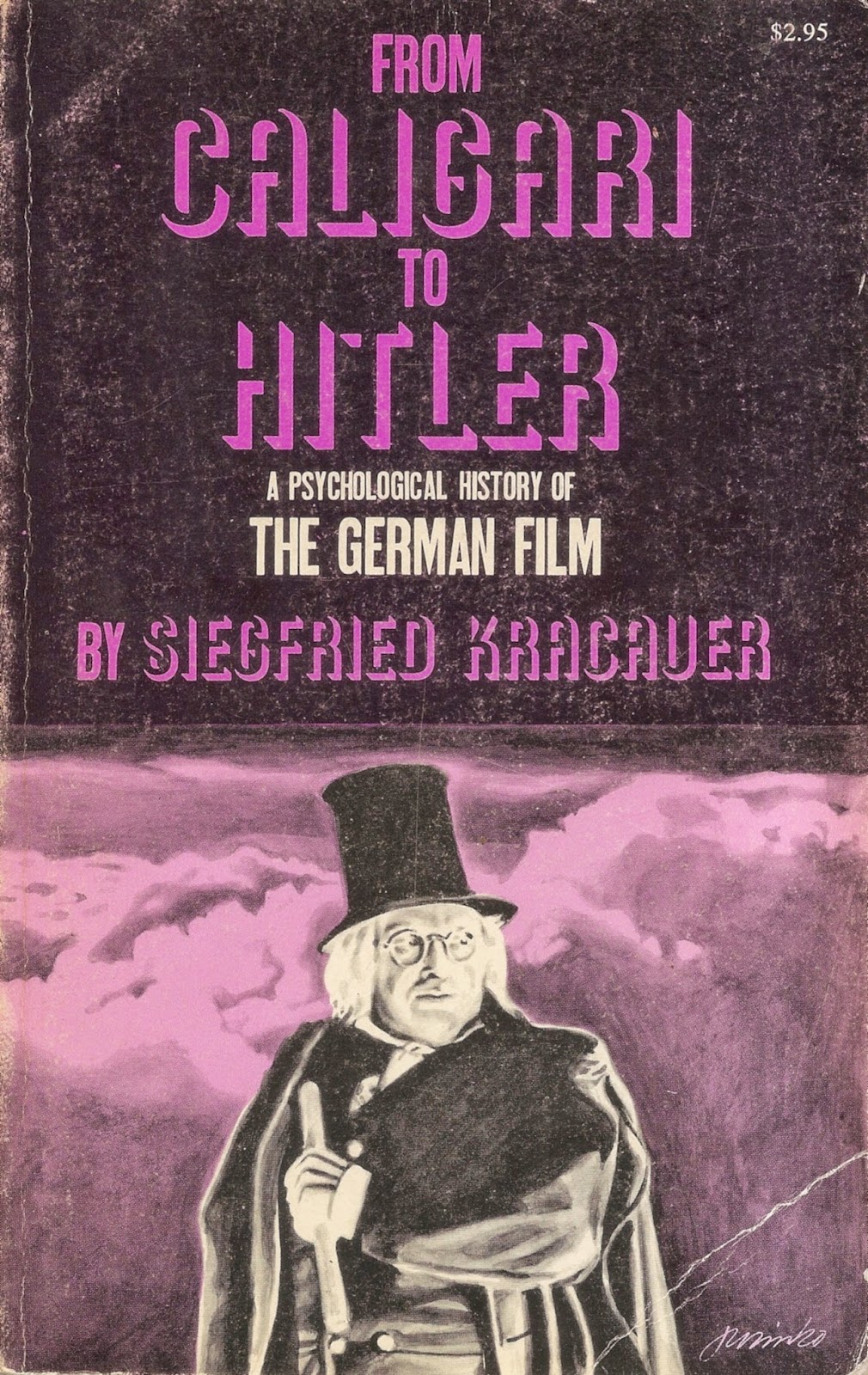I wrote recently about the future and science fiction. In its infancy, in the 1920s and '30s, science fiction looked towards a better future. It was a genre of hope and confidence, reflective of the society that created and sustained it. Then somewhere along the way science fiction as a genre of hope and confidence went off the rails. Today it seems caught between two alternate futures, dystopia or apocalypse. Gone are hope, energy, confidence, vigor. I consider that evidence that we are living in an age of decadence. The resurgence in popularity of fantasy and horror would seem further evidence of a turning away from the future.
When I first started writing about these things several months ago, I made comparisons between our age and that of Weimar Germany (1919-1933). In mid 1918, as the Great War was nearing its end, Oswald Spengler published his magnum opus The Decline of the West, a book that set the mood for and appeared to predict the course of a decadent society. Six months later, the Weimar Republic came into existence. With all that fresh in my mind, I was drawn to a book I recently found. It's called From Caligari to Hitler: A Psychological History of the German Film (1947; Princeton University Press, 1971) and it was written by Siegfried Kracauer (1889-1966). I'll provide a few quotes:
Whether intentionally or not, Caligari exposes the soul wavering between tyranny and chaos, and facing a desperate situation: any escape from tyranny seems to throw it into a state of utter confusion. Quite logically, the film spreads an all-pervading atmosphere of horror. (p. 74)
Caligari was too high-brow to become popular in Germany. However, its basic theme--the soul being faced with the seemingly unavoidable alternative of tyranny or chaos--exerted extraordinary fascination. Between 1920 and 1924, numerous German films insistently resumed this theme . . . . (p. 77)
Among [these films], Nosferatu, released in 1922, enjoyed particular fame for initiating the fashion of screen vampires. (p. 77)
When speaking of Nosferatu, the critics, even more than in the case of Caligari, insisted upon bringing in E.T.A. Hoffman. However, this reference to the film's romantic antecedents does not account for its specific meaning. The horrors Nosferatu spreads are caused by a vampire identified with pestilence. . . . He is a blood-thirsty, blood-sucking tyrant figure looming in those regions where myths and fairy tales meet. (p. 79)
The Germans obviously held that they had no choice other than the cataclysm of anarchy or a tyrannical regime. (p. 88)
The German soul, haunted by the alternative images of tyrannic rule and instinct-governed chaos, threatened by doom on either side, tossed about in gloomy space like the phantom ship in Nosferatu. (p. 107)
There is much more of course. The point is that, judging from our popular culture, we seem to be repeating a pattern of decadence seen in Weimar Germany and doubtless other societies before and since. We both fear and fantasize about dystopia (what Kracauer called tyranny) and apocalypse (what he called anarchy or chaos). Those fears and fantasies are expressed in art, more specifically in the genres of science fiction and horror, where they are embodied in the figure of the tyrant, Caligari or Nosferatu, the latter of whom also represents pestilence, as vampires and zombies have in American pop culture since at least the 1950s or '60s.
Europeans are indisposed to a middle ground between tyranny and chaos. Like electrons in different quantum states, they jump from one to the other without passing through the in-between. America is different--exceptional, to use a politically incorrect term--in that we discovered the middle ground in the rule of law, guaranteed rights, and a republican form of government constrained by a written constitution. That worked for a while. To look at our current polity and popular culture--as Siegfried Kracauer did in the 1940s in his own country--you might conclude that we are living in a time of decadence. That didn't turn out very well in Germany. I hope we can find a better way.
If there is a consolation, it might be that there is probably decadence or the seeds of decadence in every time and in every place, but not every society descends into tyranny or chaos. For fans, the question presents itself: Why do real-world political, societal, and cultural developments find such ready expression in the lowly pulp genres of science fiction, fantasy, and horror? Maybe it goes back to the original purpose of monsters as warnings to us all.
If there is a consolation, it might be that there is probably decadence or the seeds of decadence in every time and in every place, but not every society descends into tyranny or chaos. For fans, the question presents itself: Why do real-world political, societal, and cultural developments find such ready expression in the lowly pulp genres of science fiction, fantasy, and horror? Maybe it goes back to the original purpose of monsters as warnings to us all.
Text copyright 2014, 2023 Terence E. Hanley

No comments:
Post a Comment